 Bhutan spans across two major biogeographic realms, the Indo-Malayan and Palearctic and is part of the Himalayan biodiversity hotspot with a diverse array of flora and fauna. However, one of the major taxonomic groups, which forms more than 97{069bc810219200764cdcb4c27f012f3a7ee1c78770a44098ba2c62c9e9328d5a} of the extant diversity, the “invertebrates” which includes animal groups such as mollusks, spiders, insects, worms, etc. are hardly researched or documented presenting an incomplete view of the Bhutan’s biological wealth. Therefore, in an effort to instil interest and develop capacity to fill this gap, training on inventory and taxonomy of invertebrates is underway at Rural Development Training Centre (RDTC), Zhemgang. It is jointly organized by the Ugyen Wanghuck Institute for Conservation and Environment (UWICE), Bumthang and National Biodiversity Centre (NBC), Serbithang, with experts from the Netherlands Centre for Biodiversity, Naturalis. The training is attended by 16 field officials working under the Department of Forests and Park Services and that of NBC.
Bhutan spans across two major biogeographic realms, the Indo-Malayan and Palearctic and is part of the Himalayan biodiversity hotspot with a diverse array of flora and fauna. However, one of the major taxonomic groups, which forms more than 97{069bc810219200764cdcb4c27f012f3a7ee1c78770a44098ba2c62c9e9328d5a} of the extant diversity, the “invertebrates” which includes animal groups such as mollusks, spiders, insects, worms, etc. are hardly researched or documented presenting an incomplete view of the Bhutan’s biological wealth. Therefore, in an effort to instil interest and develop capacity to fill this gap, training on inventory and taxonomy of invertebrates is underway at Rural Development Training Centre (RDTC), Zhemgang. It is jointly organized by the Ugyen Wanghuck Institute for Conservation and Environment (UWICE), Bumthang and National Biodiversity Centre (NBC), Serbithang, with experts from the Netherlands Centre for Biodiversity, Naturalis. The training is attended by 16 field officials working under the Department of Forests and Park Services and that of NBC.
 The current training program is structured as a combination of lectures and field demonstrations on the basics of entomology, malacology, sampling, collecting and preservation techniques, registration and identification of different groups of invertebrates, with focus on insects, snails and slugs.
The current training program is structured as a combination of lectures and field demonstrations on the basics of entomology, malacology, sampling, collecting and preservation techniques, registration and identification of different groups of invertebrates, with focus on insects, snails and slugs.
The training program is funded by WWF Bhutan program and Jigme Singye Wangchuck Environment Stewardship Endowment managed by UWICE.
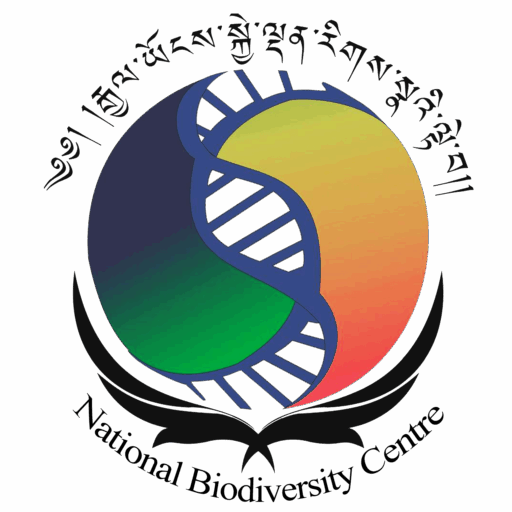



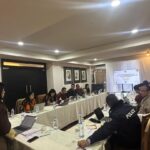
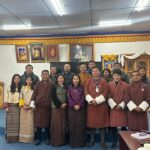
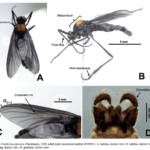
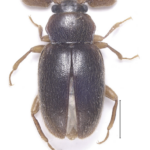
 Views Last 7 days : 1013
Views Last 7 days : 1013 Views Last 30 days : 4941
Views Last 30 days : 4941 Total views : 23600
Total views : 23600